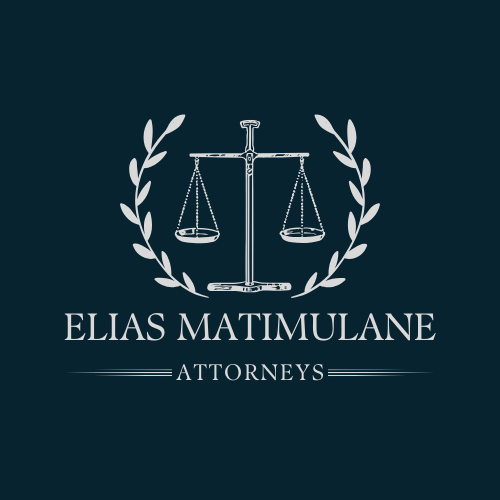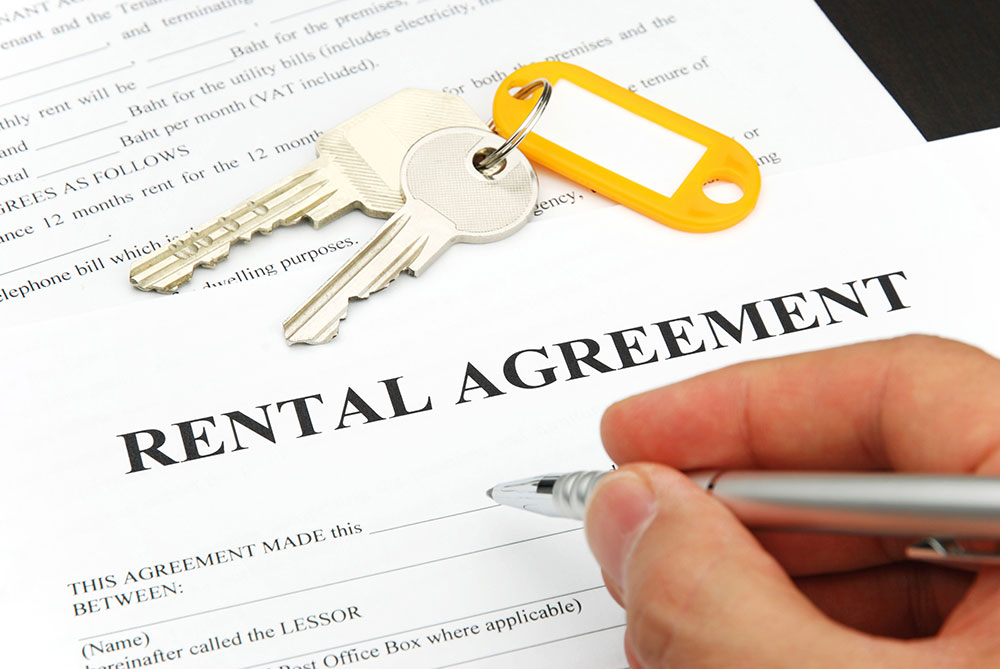Call us now:
Introduction
Property law in South Africa affects us all — whether you’re renting out your home or signing a lease as a tenant. And yet, many people enter these agreements blindly, unaware of their rights or the legal responsibilities involved. That’s a dangerous place to be. Property disputes can get expensive fast and ruin relationships.
Understanding your position under property law is how you protect your space, your money, and your peace of mind.
This guide will help you confidently navigate leases, disputes, maintenance issues, and eviction procedures — whether you’re a landlord or tenant — so you’re never caught off guard.
The Legal Foundation: Lease Agreements
A lease agreement is not just a formality — it’s a legal contract binding both parties. Under South African law, it should be clear, written, and signed by both tenant and landlord. It should detail:
Monthly rent and due dates
Duration of lease
Deposit terms and conditions
Maintenance responsibilities
Rules on subletting and early cancellation
Tip: Always insist on a written agreement, even for informal or family arrangements. It gives both parties legal protection if things go wrong.
Rights and Duties: Who Is Responsible for What?
Both landlords and tenants have legal obligations under South African property law.
Landlords must:
Ensure the property is safe and habitable
Fix major issues like plumbing, electricity, or structural damage
Return the deposit (minus damages) within 14 days of lease termination
Tenants must:
Pay rent on time
Maintain the property and prevent damage
Respect the lease terms and notify the landlord of issues
Ignoring these duties can lead to legal action — and in worst cases, eviction or financial claims.
Handling Disputes and Evictions Legally
Sometimes, things go wrong. A landlord may want to evict a non-paying tenant. A tenant might be dealing with black mold or a broken water system. These issues require calm, legal processes — not threats or intimidation.
Evictions:
A landlord can’t just change the locks. All evictions must go through a court order under the Prevention of Illegal Eviction Act (PIE). Tenants are protected from sudden or unlawful removal.
Dispute Resolution:
Always try communication first. If that fails, seek help from a Rental Housing Tribunal — a free legal body designed to help both sides resolve issues without going to court.
Conclusion
Whether you’re renting out a flat in Johannesburg or signing your first lease in Cape Town, knowing your property law rights can protect your money, your sanity, and your future. Ignorance is expensive. But armed with the right knowledge, both tenants and landlords can enjoy safer, smoother rental relationships.


